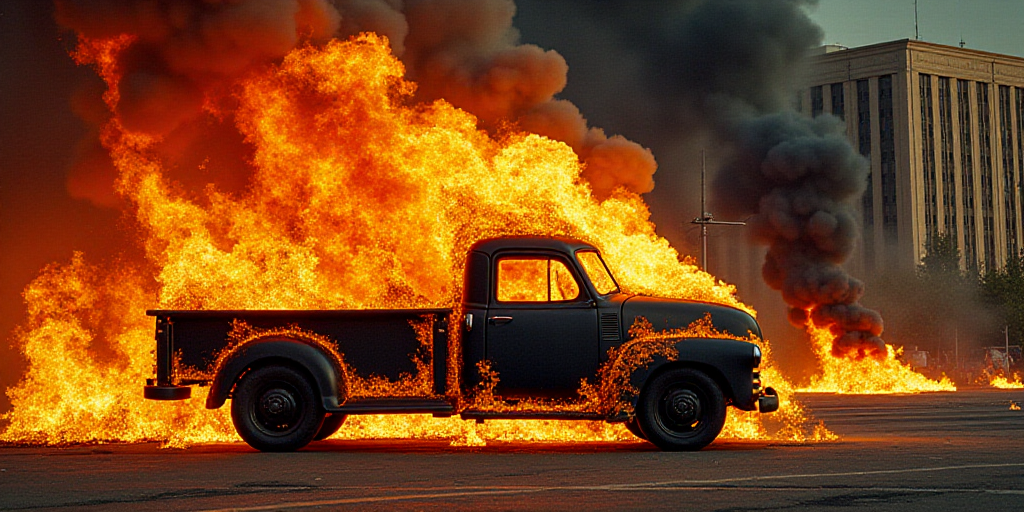Background and Relevance of the Cártel Jalisco Nueva Generación (CJNG)
The Cártel Jalisco Nueva Generación (CJNG) is one of Mexico’s most powerful and violent criminal organizations. Founded in 2010, it has rapidly expanded its influence and operations across the country. The CJNG is known for its involvement in drug trafficking, extortion, kidnapping, and other criminal activities. Its ongoing conflict with the Mexican government has led to numerous violent incidents and a significant impact on public safety and stability.
Recent Developments in Michoacán, Guanajuato, and Jalisco
In recent days, various armed groups in Mexico have clashed with law enforcement agencies, resulting in at least 17 major roadblocks across the states of Michoacán, Guanajuato, and Jalisco. These incidents are part of the ongoing power struggle between the Mexican government and the CJNG.
Key Events in Michoacán
Apatzingán: On Wednesday, the CJNG and Los Viagras engaged in shootouts with federal forces in Apatzingán, Michoacán. Following the gunfights, these groups set fire to vehicles and businesses before blocking multiple roads.
- Los Viagras, once allied with the CJNG, have been increasingly at odds with the cartel as they seek to expand their territory and influence.
- The roadblocks have disrupted transportation, affecting both local residents and essential goods delivery.
- The Michoacán government has deployed state police, national defense personnel, and Guardia Nacional agents to restore order and reopen the blocked roads.
Uruapan: In the same state, there were reports of businesses being set ablaze in Uruapan. The popular convenience store chain, Oxxo, subsequently closed all its stores in the area due to safety concerns.
Government Response and Context
In response to these events, the Michoacán Secretariat for Public Security announced the deployment of its agents alongside national defense personnel and Guardia Nacional. Meanwhile, the Michoacán Secretariat of Government attributed the disturbances to efforts by authorities to apprehend CJNG leaders.
These recent developments come amidst a broader context of government efforts to address organized crime and violence in Mexico. In March, President Claudia Sheinbaum announced a series of measures to tackle the issue of forced disappearances following the discovery of mass graves linked to the CJNG in Teuchitlán, Jalisco.
- The same month witnessed at least eight military fatalities and seven injuries in confrontations with the CJNG.
- These actions highlight the ongoing challenges faced by Mexican authorities in combating powerful criminal organizations and ensuring public safety.
Key Questions and Answers
- Who is the Cártel Jalisco Nueva Generación (CJNG)? The CJNG is a prominent and violent criminal organization in Mexico, involved in drug trafficking, extortion, kidnapping, and other illicit activities. Founded in 2010, it has rapidly expanded its influence and operations across the country.
- What is the current conflict between the CJNG and the Mexican government? The ongoing power struggle between the Mexican government and the CJNG has resulted in numerous violent incidents, including roadblocks, shootouts, and disruptions to public safety and stability.
- What recent events have taken place in Michoacán, Guanajuato, and Jalisco? Armed groups have clashed with law enforcement agencies in these states, leading to at least 17 major roadblocks. These incidents are part of the ongoing conflict between the government and the CJNG.
- How has the Mexican government responded to these events? The Michoacán government has deployed state police, national defense personnel, and Guardia Nacional agents to restore order and reopen blocked roads. President Claudia Sheinbaum has also announced measures to address forced disappearances linked to organized crime.






